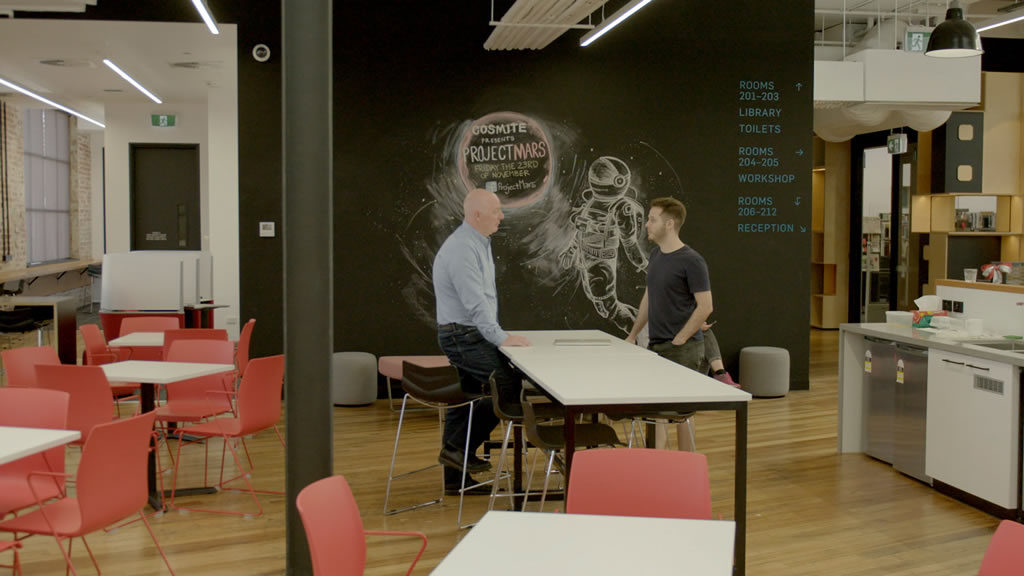About > Our Journey
A passion for independent higher education in Australia
Over the last 20 years Australian higher education has changed significantly. Today, education is Australia’s largest service sector export industry, and the third largest of the total economy. Australia is recognised as having a world class education system. This recognition is not built on public universities alone – Australia has high quality public and independent education institutions. Student enrolments at independent providers are increasing at a faster rate than at public universities.
IHEA members are leading the way in high quality independent higher education. Our members are Australia’s best independent providers with a passion for enabling today’s learners to be the leaders of tomorrow.

The Council of Private Higher Education (COPHE) is formed
COPHE welcomes its 12th member
COPHE membership grows to 27
The Bradley Review recognises diversity
The COPHE Library Network was established
COPHE institutes a Code of Good Practice
In 2009, COPHE leadership implements a members' Code of Good Practice to grow the recognition of the commitment to quality assurance by COPHE members.
Members sign on to Code of Good Practice
TEQSA is established
Don Owers, AM joins IHEA board as chair
Lee Dow-Braithwaite Review
COPHE membership continues to grow
Higher education becomes Australia’s third largest export
Simon Finn joins COPHE as CEO
COPHE relocates to Melbourne
Student Quality Surveys (QILT) report independent providers dominating the top 25 quality rankings by undergraduate students
COPHE Membership continues to grow
Independent Higher Education Australia (IHEA) is launched as a new identity for COPHE
Alan Finch appointed IHEA Chair
Alan Finch was elected IHEA Chair at the 2019 AGM after fulfilling the role as Acting Chair for the previous 6 months. Alan brings over 50 years of higher education experience to IHEA, having held senior management positions at Bond University (most recently as Deputy Vice Chancellor - Students and Support Services), Monash University as a Faculty Assistant Registrar and at the University of Southern Queensland as Registrar and Council Secretary.
IHEA supports Members through challenges of COVID-19
In response, IHEA established a platform of targeted policy measures to protect providers, support students and relieve the burdens of regulatory fees and compliance during the crisis. Weekly Zoom meetings of IHEA Leaders and CEOs commenced, while additional networks were set up to ensure all Members were well-informed and appropriately supported throughout the year.
IHEA’s response to COVID-19 was ranked as very to extremely effective by 100% of IHEA Members surveyed. All Members felt IHEA supported their institutions during the crisis and 90% believed IHEA’s COVID-19 response assisted their institution.
IHEA membership continued to grow and more than 120,000 students are now enrolled at IHEA’s member institutions.
FUTURE OUTLOOK
Demand for higher education will continue to grow.
As demand for skilled and job-ready graduates continues to grow, demand for high quality education will grow also. And as our environment becomes more complex, more will be demanded from our workforce, requiring greater agility and flexibility, more specialist knowledge, and higher levels of professionalism. Demand for the continual development of skills in current roles and the acquisition of new expertise, as roles change will see increased demand for innovative course design, industry connection and flexible delivery models.
Disruptive technologies, global trends, changing student expectations, new requirements of our graduates’ employers, and legislative reform will continue to shape and influence our sector. Reviews of the Australian Qualifications Framework and the Provider Category Standards reflect the need to keep the sector up to date with the changing economy.
Independent higher education providers are well placed to meet this fast changing market demand and the challenges of the future workforce.

“IHEA membership is, quite rightly, a badge of quality.”
– Sen. The Hon. Simon Birmingham, Minister for Education and Training, May 2018


